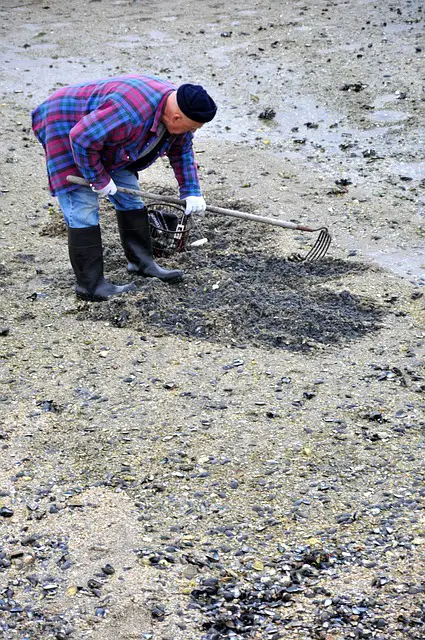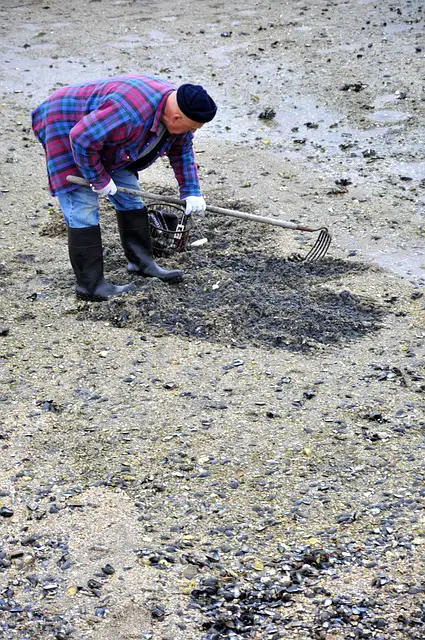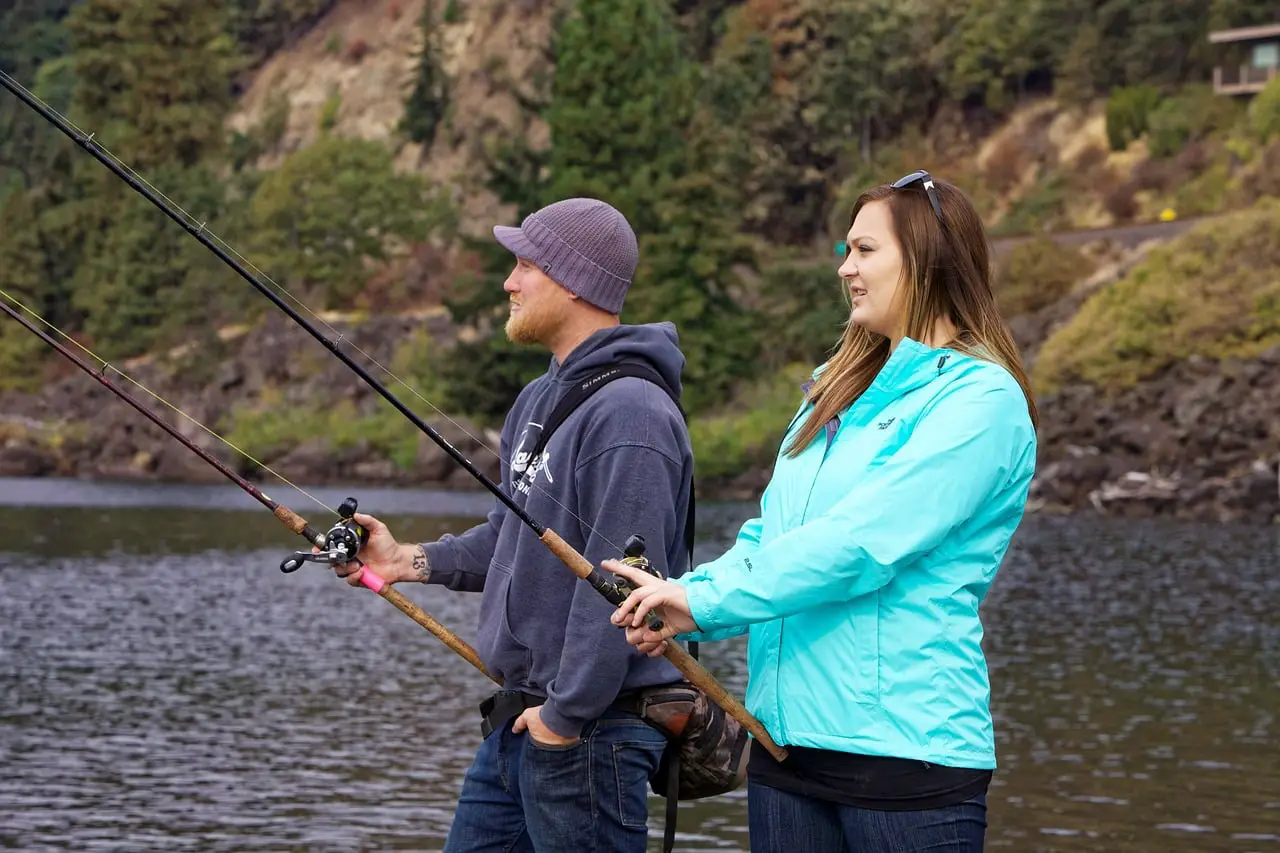What is Clam Digging and What Makes it So Popular?
Clam digging, a time-honored tradition dating back to prehistoric times, is a form of foraging that involves excavating and collecting various species of clams. Transcending mere recreational activity, clam digging also provides a sustainable source of food, making it a rewarding pursuit for both hobbyists and commercial harvesters alike. It’s an activity that has attracted people around the world, but what does it take to partake in clam digging? The answer lies in obtaining a clam digging license.
Why Do You Need a Clam Digging License?
The clam digging license serves several purposes. Firstly and foremost, it is a legal requirement in many states and countries. The license allows recreational and commercial diggers to collect clams within defined limits, typically indicated by the number of clams, size, species, and the digging season. It assists in monitoring and managing clam populations, ensuring their sustainability for future generations. In addition, the proceeds from licenses often go towards the preservation of marine environments and clam species.
Is A License Required Everywhere?
While many states and countries require a license for clam digging, regulations may differ significantly. It is always best to check with local fishing and wildlife agencies before embarking on your clam digging adventure.
How to Obtain a Clam Digging License
Obtaining a clam digging license typically involves a straightforward process, though the exact steps may vary slightly depending on the location.
Identification Requirements
Most authorities will require some form of identification for the license application. This could be a driver’s license, passport, or any other government-issued ID.
Application Process
Generally, you can apply for a clam digging license online, though some locations may still accept mail or in-person applications. The application usually asks for basic personal information, and some may even require you to specify the type of clams you plan on digging.
Fees
There’s typically a fee associated with the license. The cost can vary greatly, depending on factors such as the applicant’s age, residency status, and the license’s validity period. Some states provide discounted or free licenses to seniors, military veterans, and disabled individuals.
Validity
Clam digging licenses often have a set validity period. Some are valid for a year, while others may only be valid for a specific season or shorter period. Be sure to check the validity of your license and renew it as needed.
Clam Digging Regulations: Beyond the License
Clam digging is more than just obtaining a license. It’s about respecting the environment, the clams, and the regulations put in place to protect them. These regulations often include legal digging times, gear restrictions, and catch limits. Failure to comply can result in hefty fines and even license suspension.
To ensure you’re knowledgeable about local regulations and are digging responsibly, consider participating in a clam digging workshop or course. Many local fishing agencies and environmental conservation groups offer these as a way to promote sustainable clam digging practices.
Conclusion
Clam digging, a beloved pastime for many, offers an enjoyable way to engage with nature while also providing a sustainable source of food. However, it’s not as simple as grabbing a shovel and heading to the beach. It requires a clam digging license, a deep respect for marine ecosystems, and adhering to regulations that ensure the activity’s sustainability. Once you have your license in hand, it opens up a world of exploration and sustenance that not only benefits you but also supports marine conservation efforts.




